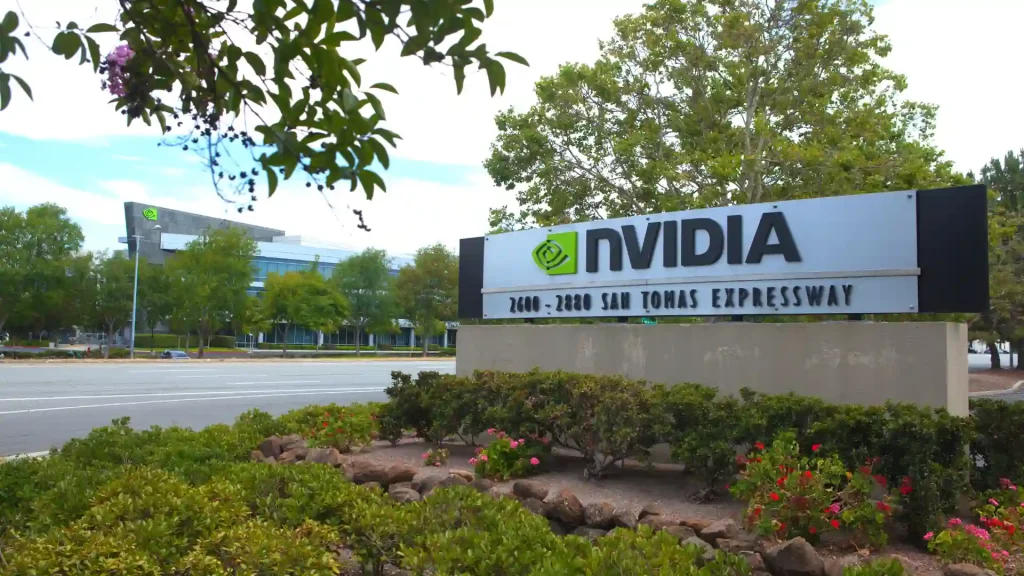Nvidia and Advanced Micro Devices Inc. informed in the month of August that the firm’s advanced chips, including the A100, were added to the export control list by the Commerce Department of the United States of America
Nvidia Corp., the US chip maker presents a new and advanced chip in China that meets the recent U.S export control rules that aim at restricting the manufacturing of front-line technologies in China. According to Reuters, the company is now advertising products with the presented sophisticated chips. The A800 chip showcases the first reported effort by a semiconductor company in the United States that create advanced processor chips for China that follow the new norms set by the United States export control.
The export regulations, however, could cost Nvidia millions of dollars in revenue. Nvidia and Advanced Micro Devices Inc. informed in the month of August that the firm’s advanced chips, including the A100, were added to the export control list by the Commerce Department of the United States of America. The new Nvidia A800 could be used instead of the A100 as both are graphic processing units or GPUs.
The new United States regulations regarding Export Controls were implemented during the month of October. The Bureau of Industry and Security (BIS) revised the Export Administration Regulations (EAR) to employ the necessary regulations on advanced computing integrated circuits (ICs), computer commodities that contain particular semiconductor manufacturing items, and similar integrated circuits. The Bureau of Industry and Security (BIS) is also expanding control on transactions that includes semiconductor and superconductor manufacturing end uses.
BIS also expanded control of transactions that involve items for semiconductors and supercomputer manufacturing end uses. The rules also banned the export of advanced microchips and apparatus to manufacture advanced chips, which cost thousands of dollars, by Chinese chipmakers, which is part of the effort to stagger the semiconductor industry in China.
The Nvidia A800 GPU began its production during the third quarter as an alternative to the A100 for customers in China and the new chip meets the requirements set by the U.S government for reduced export control and it cannot be programmed to surpass it, according to Reuters reports. A comparison with the A100 makes it clear that the chip-to-chip transfer rate is currently 400 gigabytes per second which is less compared to the earlier rate of 600 gigabytes on the A100 as the new rules restrict the rates of 600 gigabytes and more per second.
The A800 is designed to avoid the Commerce Department’s trade restrictions and be in compliance with its new rules as China becomes an important market for Nvidia. The chip-to-chip communication abilities of the new chip present a performance downgrade for the data center hundreds of chips are used together according to analysts. According to Nvidia, $400 million worth of sales to China would have an effect on the third-quarter earnings of the company due to the limitations on high-end chips and having a replacement chip could provide temporary relief for the company especially when it is set to report the quarterly results during the month of November.
About Nvidia
NVIDIA is a leading accelerated computing firm that was founded in the year 1993. The invention of the GPU in 1999 by the firm ignited the growth of the PC gaming market, stirred the era of modern AI, and redefined computer graphics along with driving the creation of the metaverse. NVIDIA is now a fully developed computing company with data-center-scale offerings that are redesigning the industry. The company specializes in GPU-accelerated computing, automotive technology, deep learning, virtual reality, gaming, self-driving cars, supercomputing, robotics, virtualization, parallel computing, professional graphics, and artificial intelligence.
